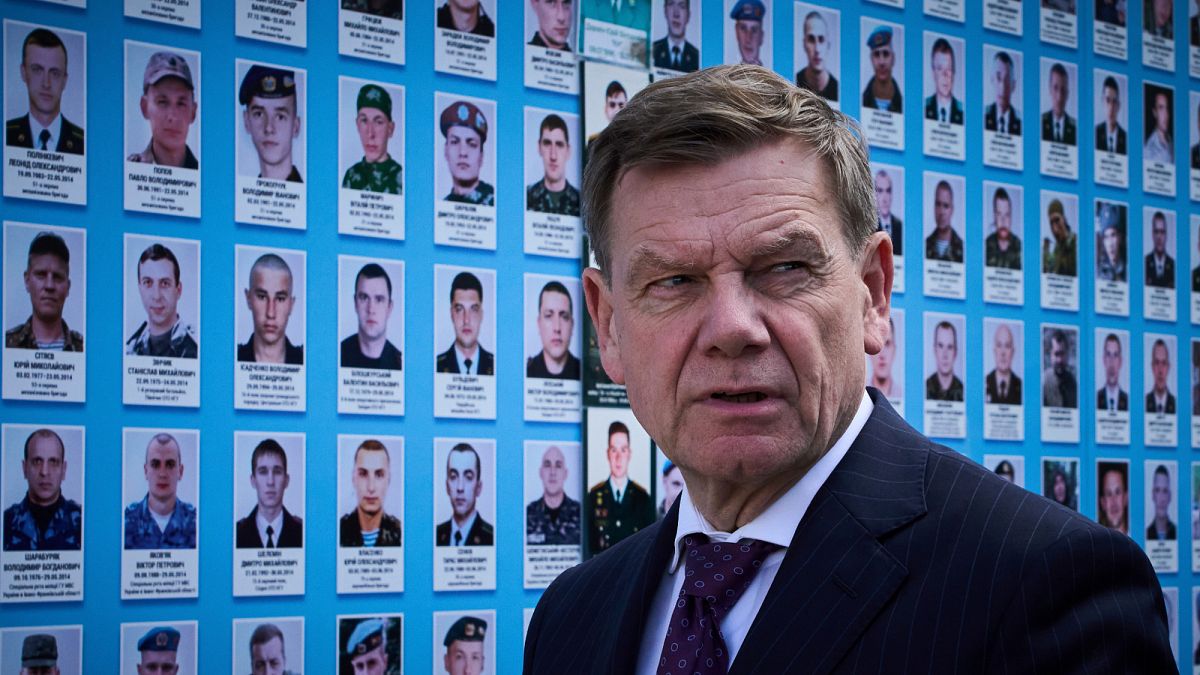

Recent developments in the Middle East reflect a dynamic environment where diplomatic efforts are underway to address ongoing tensions and conflicts. Effective communication, collaboration among international entities, and the pursuit of peace remain central themes as key players navigate complex regional challenges.
Germany’s Foreign Minister, Johann Wadephul, emphasized Ukraine’s freedom as a critical foreign policy agenda. Germany continues to stand as Ukraine’s second-largest military supporter, exemplifying a continued commitment to aiding the nation amidst geopolitical tensions. Wadephul’s statements reaffirm Germany’s dedication to Ukraine’s sovereignty, signaling a consistent support in the face of global uncertainties.
Meanwhile, in the Middle East, Israeli Prime Minister Benjamin Netanyahu alluded to “broad regional possibilities” as conversations surrounding peace and stability continue. Simultaneously, U.S. President Donald Trump called for a ceasefire in Gaza, advocating for the return of hostages and an end to hostilities. This development underscores the ongoing intricate negotiations and the international community’s desire to see a peaceful resolution in the region.
In parallel, U.S. Ambassador to Türkiye, Thomas Barrack, suggested that the escalating tensions between Iran and Israel might forge new avenues for dialogue across the Middle East. Barrack highlighted behind-the-scenes discussions between Syria and Israel, which may pave the way for substantial diplomatic advancements. Such interactions could potentially transform the region’s geopolitical landscape and contribute to longer-lasting peace initiatives.
However, challenges persist. While international stakeholders strive for progress, Israel has moved to expand military operations in northern Gaza with new evacuation orders, reflecting a tactical approach amidst the pursuit of larger strategic goals. The complexity of these decisions emphasizes the delicate balance between security concerns and diplomatic channels.
Simultaneously, a collective voice from France, Germany, and the United Kingdom has urged Iran to maintain cooperation with the International Atomic Energy Agency (IAEA). These nations condemned threats against the U.N. nuclear watchdog’s head, reinforcing the critical importance of synergy and diplomacy in preventing nuclear proliferation and fostering mutual security.
In a related development concerning regional dynamics, the U.K. high court is set to hear a case involving Palestine Action, a group contesting a proposed banning order. This legal proceeding highlights civil activism within national and international contexts, exemplifying the multifaceted interactions between government policies and grassroots movements.
The ongoing efforts in various spheres of diplomacy and regional cooperation reflect an international commitment towards stability and peace. As each entity navigates its role in this global narrative, a composed, collaborative approach remains critical. Such measures, although challenging, carry the promise of transformation and a more harmonious future that bridges differences and fosters mutual understanding.
These narratives affirm the global community’s resilience and determination as diplomatic efforts, and regional engagements continue to unfold. As complexities of geopolitical landscapes endure, positive discourse and shared objectives offer a beacon of hope, inviting collaboration, and understanding among nations.
Source: {link}
